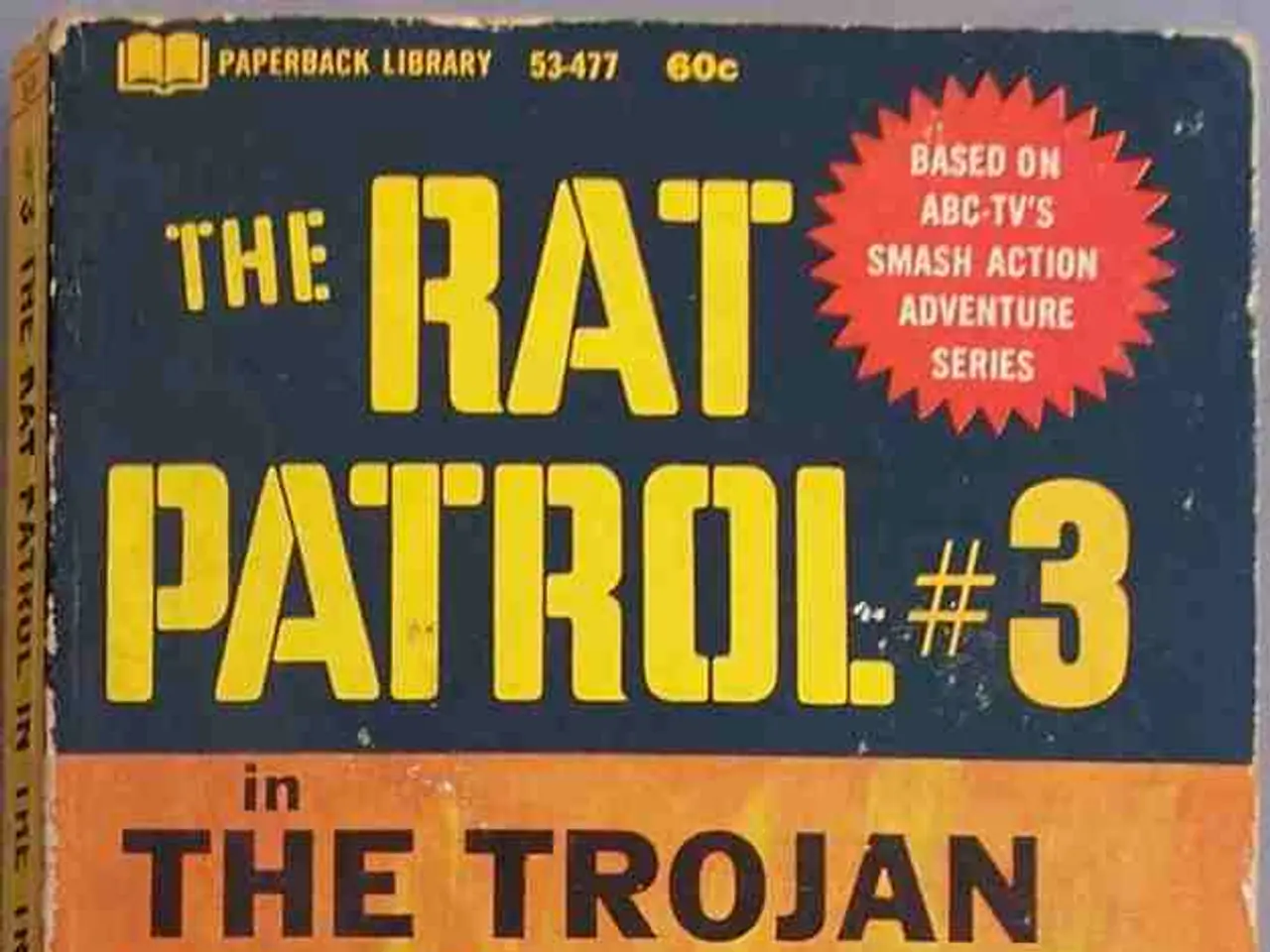Dismeantling the Concept: Ethics and the Evolution of Future Conflicts - "The Good Fight" Scrutinized
In his latest polemic, "Humane: How the United States Abandoned Peace and Reinvented War" (Macmillan, 2021), Samuel Moyn challenges the notion of a "humane" war and argues that attempts to make warfighting more ethical have, ironically, made war more common and long-lasting.
Moyn maintains a caustic tone towards those who strive to constrain the use of force, particularly towards the military establishment, which he criticises for a long succession of abuses, cover-ups, and manipulations. He questions whether a "humane" war can ever be fought, highlighting the fissure that emerged between peace advocates and humanitarians, suggesting that humanitarian efforts can make war more likely.
One of the key areas of concern for Moyn is the use of cyberattacks, which he refers to as an unregulated battleground. The deniability of cyberattacks allows them to skirt the traditional dichotomy of jus ad bellum and jus in bello. Current legal frameworks inadequately regulate cyberattacks on critical infrastructure, particularly regarding state-sponsored operations targeting control systems. This creates ambiguity in attribution and response rules, and ethical challenges for military professionals include managing the fine line between offensive and defensive actions, protecting civilian systems, and adhering to international law without escalating conflict.
The advent of unmanned aerial vehicles (UAVs) has also played a significant role in changing the landscape of warfare. General William T. Sherman's adage that "every attempt to make war easy and safe will result in humiliation and disaster" seems to have been defeated by the use of UAVs. The use of UAVs has virtually eliminated the risk associated with manned aircraft missions, enabling operations to continue in perpetuity due to reduced public resistance to military activity. However, this increased use of UAVs also raises concerns about their potential misuse, as there is a possibility that this technology will one day be used against American servicemembers, either by an adversarial state or a terrorist group.
Moyn's analysis ends with the post-9/11 wars and counterterrorism mission, and does not discuss the impacts on military ethics of the raging debate in security circles on strategic competition, gray zone conflict, or the Thucydides Trap and tensions between the United States and China. He dismisses concepts such as strict rules of engagement and civilian casualty reporting as mere public relations tactics.
Despite the ethical challenges posed by the evolving nature of warfare, Moyn's central thesis is that if war becomes less brutal, it becomes easier to initiate and harder to terminate. This raises important questions about the role of military professionals in navigating these complex ethical dilemmas, particularly in the context of cyberwarfare, where there are no clear boundaries on how far a cyber offensive may go before it is considered an overt act of war.
The military justice system, enshrined in the Uniform Code of Military Justice and upheld by the judge advocate general's corps in every service, is an integral part of daily military operations. This system is not just a publicity stunt, but a necessary mechanism for maintaining accountability and ensuring that military personnel adhere to the rules of engagement and international law.
In conclusion, Moyn's critique provides a thought-provoking analysis of the evolution of warfare and the ethical challenges posed by the use of technology in war. His work serves as a call to action for military professionals to grapple with these complex issues and to find ways to uphold the principles of justice and humanity in the face of the ever-changing landscape of war.
Read also:
- Peptide YY (PYY): Exploring its Role in Appetite Suppression, Intestinal Health, and Cognitive Links
- Toddler Health: Rotavirus Signs, Origins, and Potential Complications
- Digestive issues and heart discomfort: Root causes and associated health conditions
- House Infernos: Deadly Hazards Surpassing the Flames








